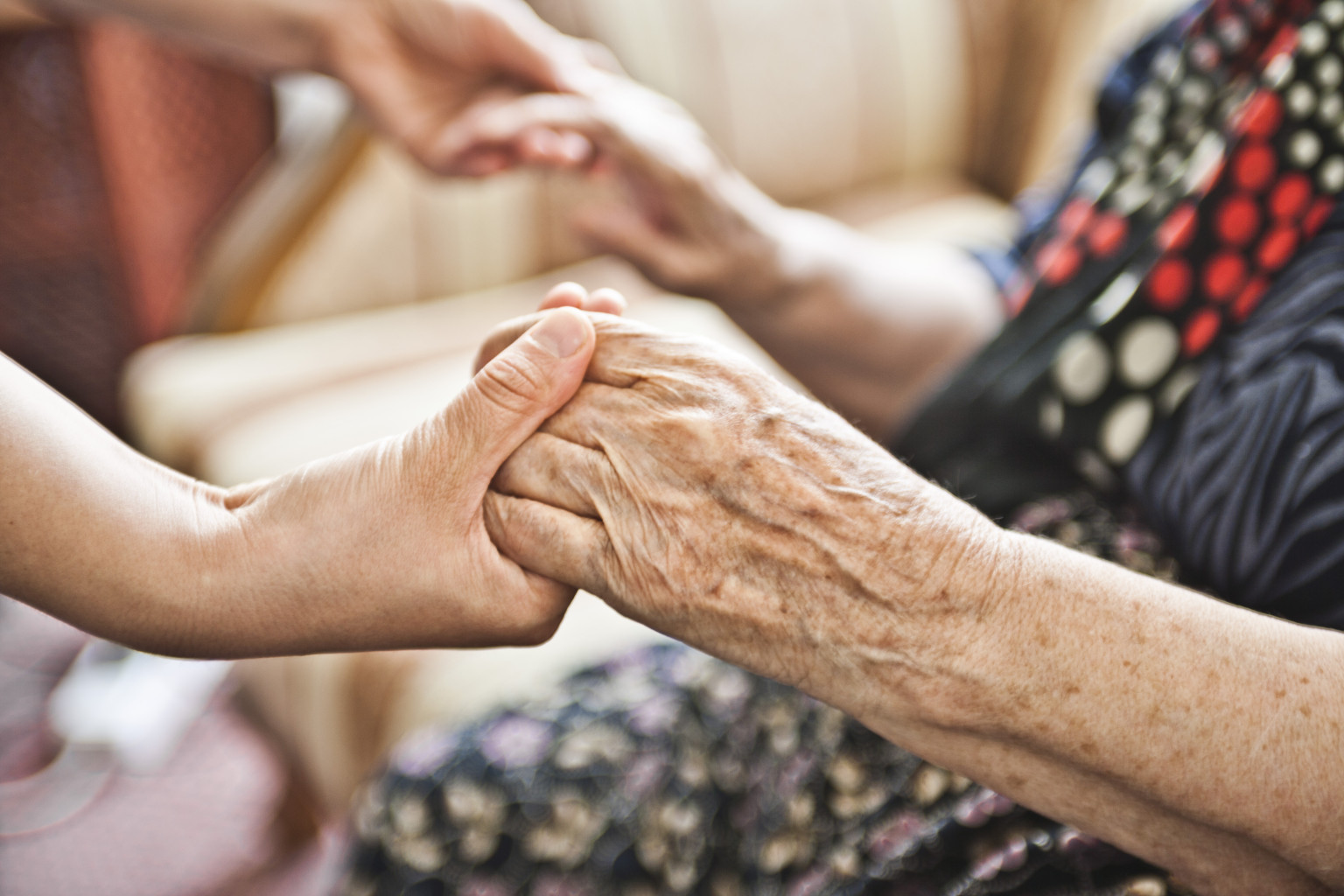In one of Jesus’ most famous sermons, he said, “Let your light shine before others, that they may see your good deeds and glorify your Father in heaven.” (Mt. 5:16) So why do we do good? To glorify God and point people to Him.
But, sometimes, I think even Christians forget that. In fact, sometimes, I think Christians fall into the trap of thinking doing good for others means that good will happen to them. They take the idea of “karma” from eastern religions and believe that is a biblical idea. That God will bless you with material things or no disease or no pain if the good you do outweighs your bad.
But that idea cannot be supported by scripture or by experience. Jesus himself was the best man to ever walk this earth. He was Emmanuel – God with us. If anyone “deserved” good, it was this man who healed the sick and cared for the lepers and ate with the outcasts. Yet he was killed. The disciples all faced horrible ends. These were men who loved God and served others with everything they had. I can think of half a dozen people I know, right off the top of my head, who are amazing, wonderful people, people who “deserve” good things. But these people have lost children, lost parents, lost homes, suffered deep hurts, emotionally and physically. All the good these people did did not protect them from hurt and pain.
So why do good? Because it honors God. Because it points people to Him. Because we were created to be part of a community of people who reflects Christ. And what do we get out of it? Wealth that cannot be measured by anything on this earth: Peace that passes understanding. Uncontainable joy. Faith that can withstand storms. Hope in a future that is infinitely better than even the best days we have in the present.